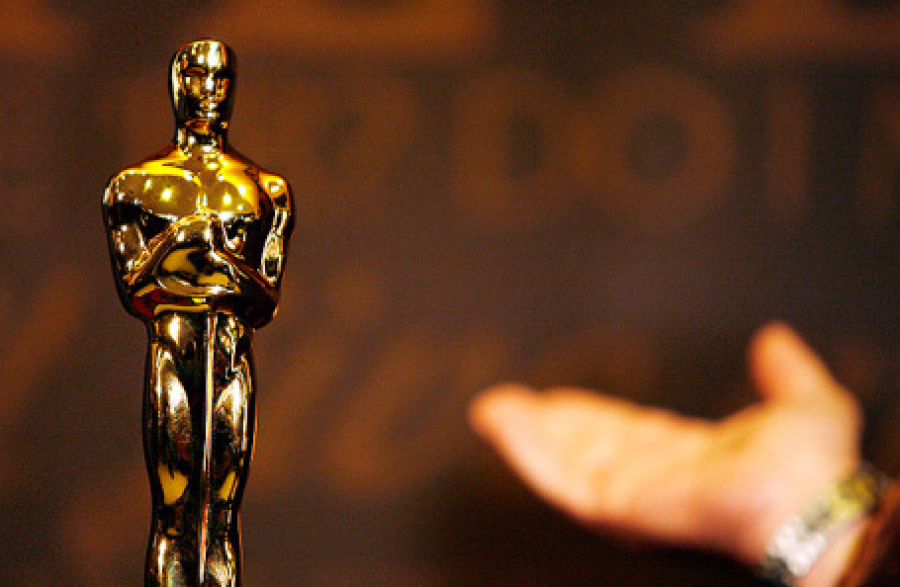
The Assembly of the People of Kazakhstan (APK) marks its
30th anniversary this year. Over this time, the institution has expanded, with
new ethnocultural centres joining its ranks. One of them is the Finno-Ugric centre,
the only one of its kind in the country, located in the Pavlodar region. It brings
together various ethnic groups, including the Mordvins, Udmurts, Mari,
Hungarians, Komi-Permyaks, Finns, and Estonians. For the past ten years, they
have been sharing their rich cultures and traditions with the residents of
Pavlodar. In addition to cultural events, the centre is also involved in social
and charitable projects.
«One of these unique ethnocultural associations is the Finno-Ugric
ethno-cultural centre of the Pavlodar region. This year marks its tenth
anniversary. What makes this centre special is that it brings together more
than 20 ethnic groups representing the entire Finno-Ugric community,» noted Ramil
Smailov, Public Deputy Chairman of APK in Pavlodar region.
Among the various ethnocultural centres of the APK, there is
also an Indian centre, the only one of its kind in the country and the
youngest. The Aktau centre, ‘Salem Namaste,’ has been operating for four years.
It not only promotes Indian culture but also fosters cooperation between the
two countries in areas such as education, modern technology, and healthcare. In
collaboration with the National Volunteer Network of Kazakhstan, the
association plans to organize charity marathons. Notably, around 1,000
individuals of Indian nationality reside in the Mangystau region, all of whom
actively participate in the centre’s activities.
«The Assembly of the People of Kazakhstan is an example for
me and for the world. I have been living in Kazakhstan for 21 years, and here, people
of all religions live together in harmony under one shanyrak. When I first saw
the APK, I was amazed - such a good plan, such a great project. And honestly,
it gives a lot of strength to the people. There is one mission,» said Hitesh
Vadodaria, founder of the «Salem Namaste» Indian Ethnocultural Association.









